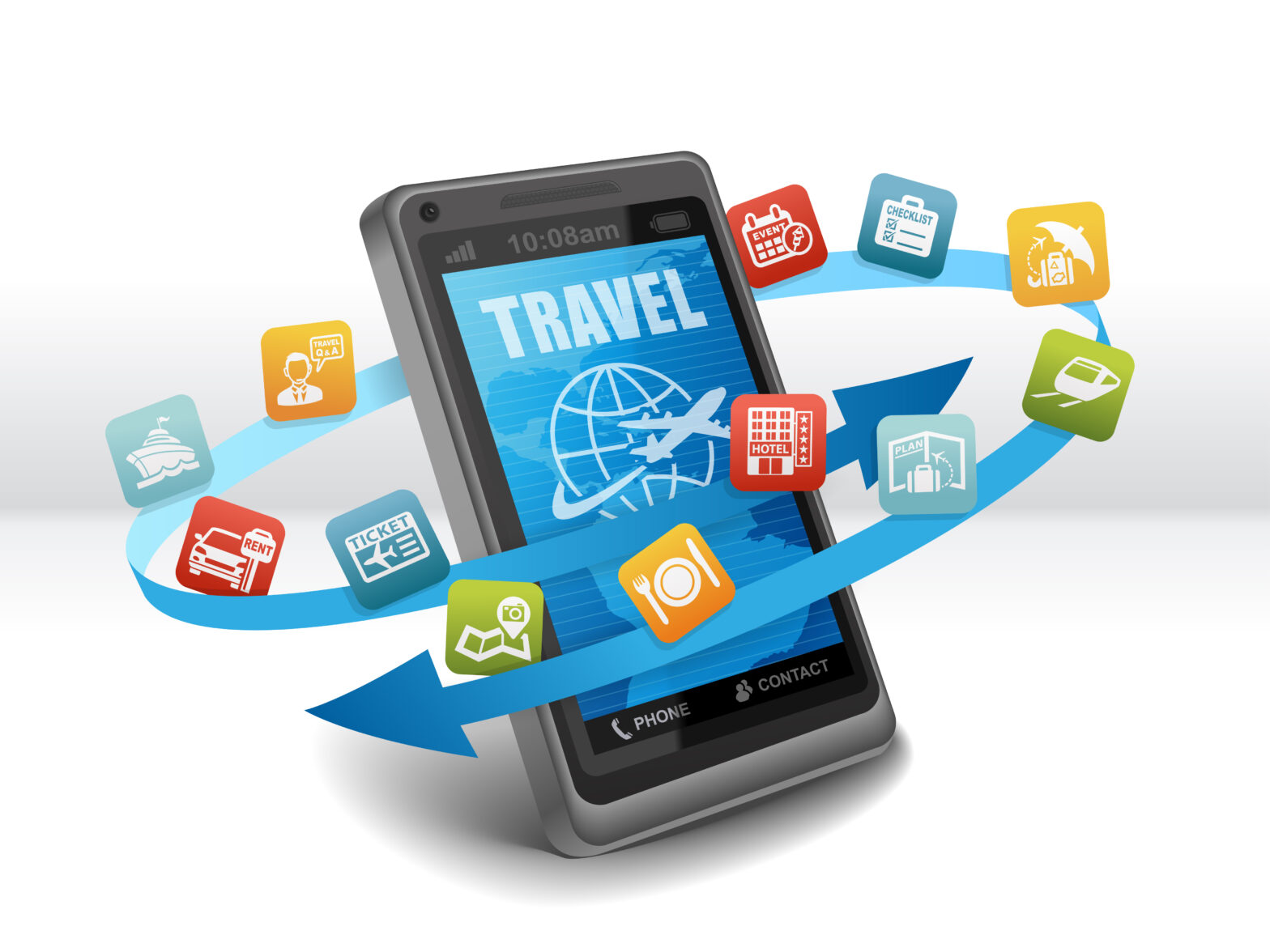For hoteliers today, delivering the right guest experience is vital: it’s the positive experience of customers that drives those sought-after online reviews – reviews that make travellers book.
But the days when clean sheets and a well-stocked minibar were enough to drive those reviews are long gone.
Today’s travellers are hyper-connected and therefore hyper-savvy and this means their expectations
have changed fundamentally.
How have they changed? Well for a start, like customers in every other industry, guests expect a personalised, tailored experience.
Consequently almost every hotel, in pretty much every country around the world, is struggling with the issue of how to obtain the right information from their guests that enables them to deliver experiences that will meet and exceed expectations, in the most efficient manner.
>See also: How machine learning will transform hospitality
For those that are doing this successfully, the next challenge is to up-sell on those experiences, delivering even greater revenue.
It seems that the biggest stumbling block for hoteliers is a siloed approach.
All too often customer information sits in different solutions that are not joined up and therefore they cannot offer a single, comprehensive view of each guest.
They are not alone however, as this is similar to experiences of brands in other industries too.
From customer service to experience agent
The modern, connected guest engages with hotels and restaurants through a wide range of channels.
For example, they might book a restaurant table via the mobile browser, but if they have a question about the set menu, they may phone the restaurant.
The guest will expect the person on the phone to immediately know the details of their booking.
Unfortunately, many hotels will have separate systems for online table reservations and phone calls, meaning that guests are passed around different employees, receiving a fragmented experience.
Rather than guests calling the switchboard and being put through to different service locations, hotel apps should make it easy to click to talk to an “experienced” agent, who has the guest’s information at their fingertips.
So a guest can order room service from a visual menu, book a massage or spa treatment and then reserve a place on an excursion, be that visiting a museum or swimming with dolphins.
>See also: 3 ways the hospitality industry can personalise the customer experience
If the times clash, the experience agent should be aware of this and can suggest different options that ensure the guest gets the experiences they want — and the hotel maximises revenue.
With information on guests being so key to the success of hoteliers, it’s no surprise that they’ve been investing in innovating loyalty programmes: this has been their primary method of getting information about their guest’s behaviours and preferences and encouraging them to return.
But as guest expectations continue to rise, understanding and meeting them is becoming tougher and tougher.
It seems that one solution for hoteliers would be to create an app that drives the desired guest experience.
This app could smartly and contextually recognise the guest from almost before the moment they log in, prioritises them based on their profile, and maintains the engagement from booking through arrival, during their stay and after check-out.
What’s more, such an app could suggest different services for the guest during their stay, and can be used to push information to them — for instance, a QR code could be sent to the guest’s smartphone allowing them to bypass check-in and go direct to their rooms.
The app could deliver information about promotions and offers available in the hotel and third-party services could also be hosted, making it a value-creation mechanism for the hotel.
>See also: How travel companies can personalise the customer journey
This type of app enables hoteliers to gather even more personal information from their guests, empowering customer experience agents to enable an even more tailored service, even predicting guest preferences.
Of course, personalised service should always come with an emphasis on the personal.
With the customer experience so key to competitive advantage, hoteliers cannot afford to forget that whatever else gets automated, the central figure of the guest is always going to remain human.
For example, most guests will be comfortable contacting you via a mobile app, but some will still prefer phone or in-person contact.
Changing things like the in-room phone for an app may not suit most guests.
It’s important to remember that tech-enabled personal service must first and foremost suit the guests and their lifestyles.
In an environment where experience is everything, knowing your customers, and being able to anticipate their needs, however they contact you, is key to success.
The good news is technology, customised for the hospitality industry and backed by solid in-person service, can help hoteliers today to deliver the superior and personalised experiences their guests expect, while creating up-selling potential.
Creating and acting upon the single view of each guest is surely how hotels are evolving to provide each guest with a memorable, enjoyable experience from the time they begin to plan their trip until after checkout, each time they return.
Sourced by Steve Rafferty, managing director, Avaya UK










